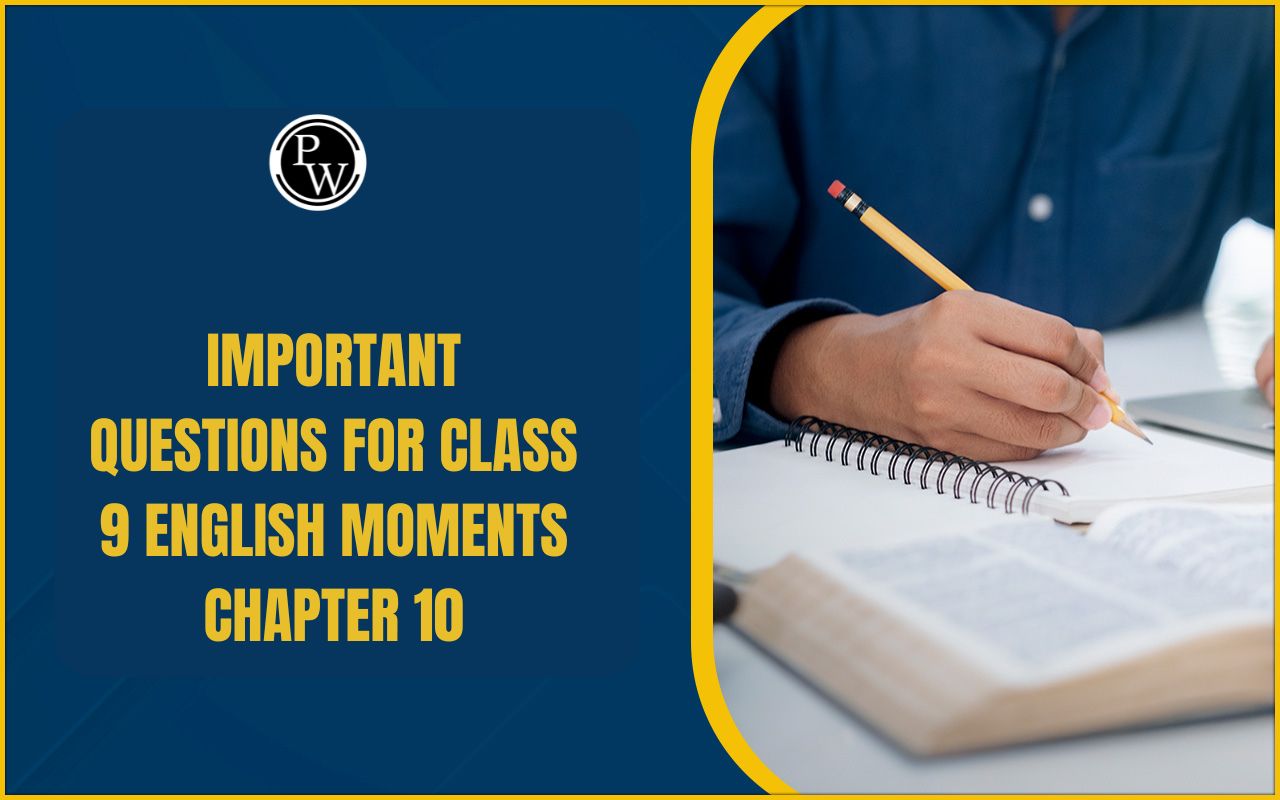Understanding the basic formula is key to structuring sentences in the future perfect tense. Here's the formula: Subject + Helping verbs (will + have) + Past participle form of the main verb + the rest of the sentence.
For instance:
-
She will have completed the project by next Monday.
-
They will have reached the airport before the flight departure.
This structure helps in framing sentences that depict actions expected to be completed before a specific future time.
Structure of the Future Perfect Tense
The structure of the Future Perfect Tense is formed as follows:
Positive Form:
Subject + will + have + past participle of the main verb + rest of the sentence.
Negative Form:
Subject + will + not + have + past participle of the main verb + rest of the sentence.
Interrogative Form:
Will + subject + have + past participle of the main verb + rest of the sentence?
Negative Interrogative Form:
Will + subject + not + have + past participle of the main verb + rest of the sentence?
This tense emphasizes actions that will be completed before a specific point in the future. For example, "She will have finished her assignment by tomorrow.
|
Positive
|
Negative
|
Interrogative
|
Negative Interrogative
|
|
Subject + will + have + past participle + rest of the sentence
|
Subject + will + not + have + past participle + rest of the sentence
|
Will + subject + have + past participle + rest of the sentence
|
Will + subject + not + have + past participle + rest of the sentence
|
|
|
(or) Won’t + subject + have + past participle + rest of the sentence
|
|
Points to Remember When Using the Future Perfect Tense
Remember, the future perfect tense relies on two auxiliary verbs, "will" and "have," followed by the past participle of the main verb. For instance, "They will have reached the station by eight in the morning." However, note that forming the past participle isn't always as simple as adding "ed" to the verb's end. Irregular verbs follow unique spelling patterns for their past participles. Delve into the article on irregular verbs for a comprehensive understanding and a list of these verbs alongside their respective past participles.
Adverbs that can be used with the Future Perfect Tense
In the context of the future perfect tense, indicating a time frame is essential. Here's a list of adverbs that can be used to establish a time frame:
-
Before
-
By the time
-
By (a specific time)
-
When
-
After
-
By (date/year)
-
By then
-
Until
-
By the end of
-
Till
-
By the year 2022
These adverbs help specify the timeframe within which an action will be completed or concluded in the future perfect tense.
Uses of the Future Perfect Tense
The future perfect tense finds application when discussing:
-
An action or event that will be completed before a specific time in the future.
-
An action or event expected to conclude before another future event.
-
Expressing certainty or conviction about something destined to happen by a specified future time.
Simple Future Tense Vs Future Perfect Tense
Here's a comparison between the Simple Future Tense and the Future Perfect Tense:
|
Simple Future Tense
|
Future Perfect Tense
|
|
Used for actions or events occurring at some time in the future
|
Used for actions happening before a specific future time or before another action.
|
|
Refers to actions happening in the future
|
Shows the sequence of events before a particular time or an action before another.
|
|
Example: "Diana will reach home on Monday."
|
Example: "Diana will have reached home by Monday."
|
This breakdown should clarify the distinction between the Simple Future and Future Perfect Tenses.
Examples of the Future Perfect Tense
Here are examples demonstrating the use of the future perfect tense in sentences:
Referring to an action to be completed within a specific future time:
-
"Harry will have planted all the saplings in the garden by 4 p.m".
-
"Lakshmi will have arrived by then".
Referring to an action occurring before another future action:
-
"The train will have left by the time you reach the station".
-
"The children will have learned how to do it by themselves before we appoint someone else to teach them".
Expressing conviction about future events:
-
"I don’t think Mithuna will have cleaned the house completely by the time we reach".
-
"Considering how things are going now, Karishma and her friends will not have finished their work by Monday".














